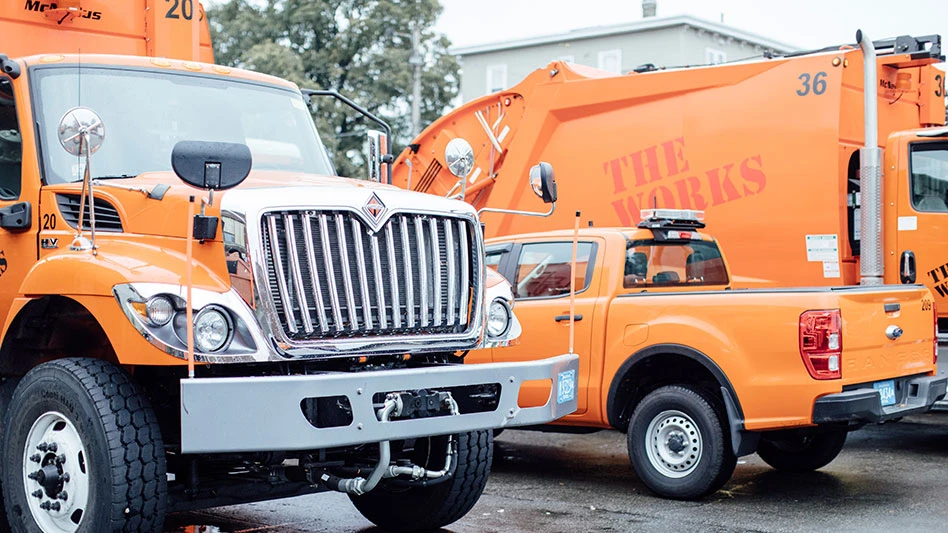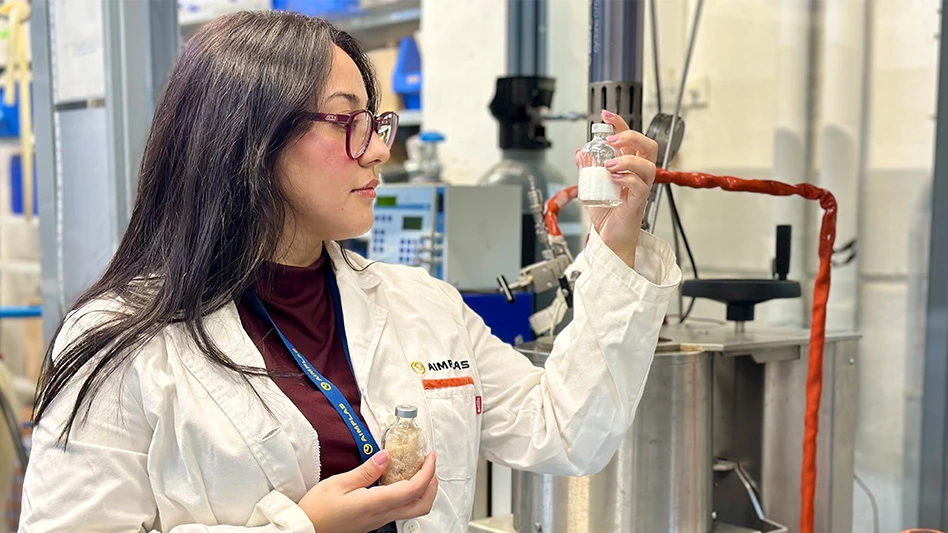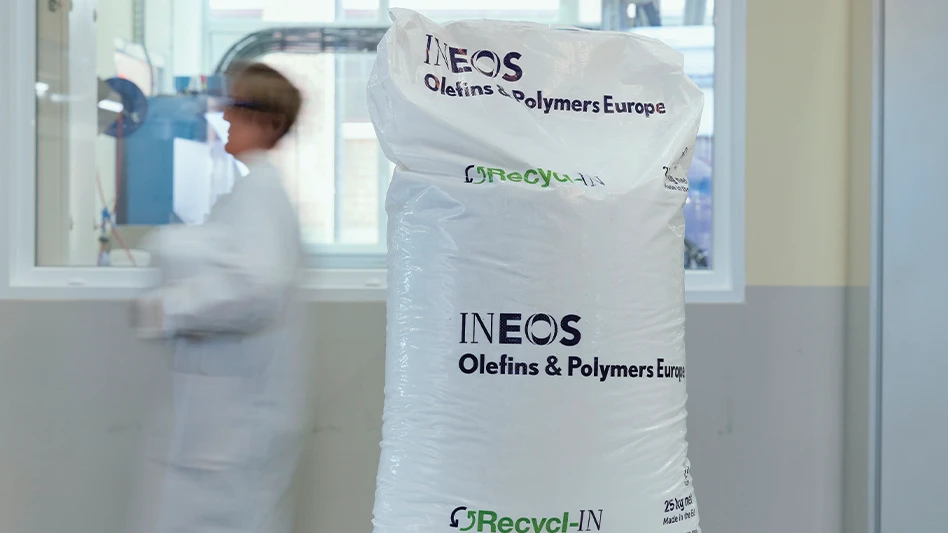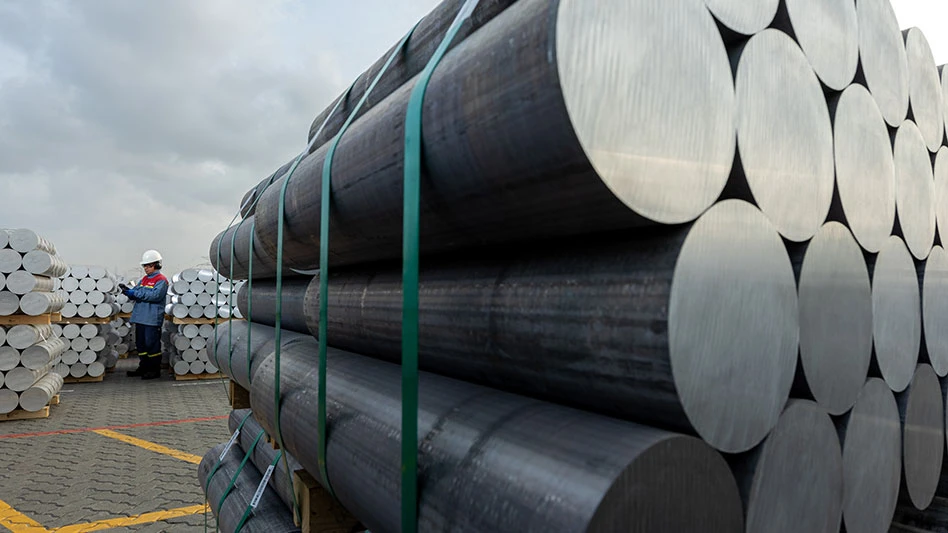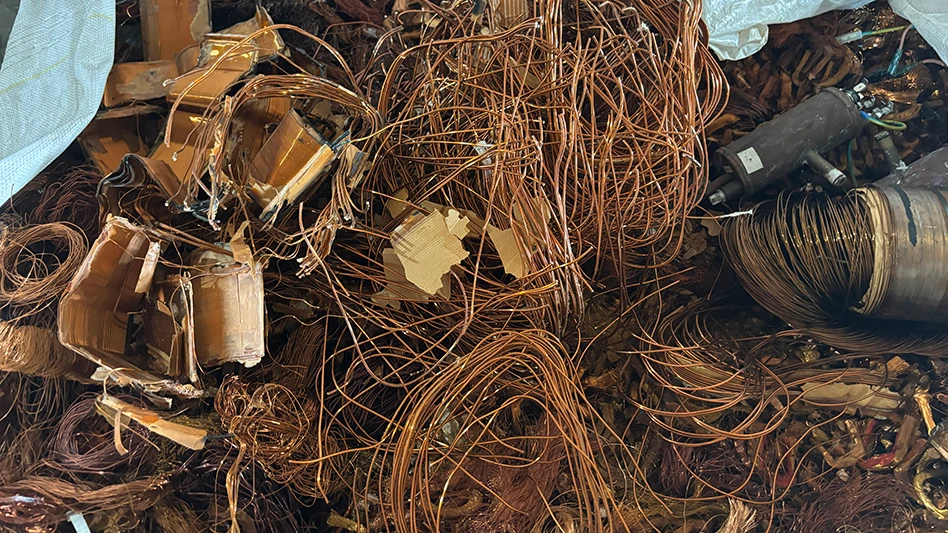
Photo courtesy of Circular Materials
Circular Materials has completed the latest phase in its expansion of New Brunswick’s extended producer responsibility (EPR) program for packaging and paper, extending recycling services to multifamily residences, schools and communities that were previously depot-based or without any services. With this expansion, all communities in New Brunswick now have curbside recycling, the producer responsibility organization says.
Toronto-based Circular Materials is a national nonprofit producer responsibility organization that helps packaging producers meet their obligations under EPR regulations across Canada.
“New Brunswick is leading the way as the first Atlantic province to transition to extended producer responsibility for packaging and paper, and we are proud to continue the important progress in the province,” says Allen Langdon, CEO of Circular Materials. “This expansion reflects the power of collaboration—between producers, governments, First Nations and communities—to build a strong circular economy that benefits all New Brunswickers.”
With the expansion, as of May 1, more than 20,000 new households across the province have access to curbside recycling collection for the first time. This includes households in Grand Bay-Westfield (Ward 1), Hampton’s Ward 2, Oromocto, Oromocto First Nation, Grand Manan, White Head Island in the Southwest Rural District and the Meductic region in Lakeland Ridges. Additionally, 133 schools and approximately 10,000 multifamily dwellings units have joined the program as part of Phase 1 of the rollout, with residents now receiving direct recycling collection services through their building.
Circular Materials’ leaders were joined by government officials in Oromocto, New Brunswick, May 1 to highlight how this expansion deepens service access, strengthens community inclusion and brings the province closer to a harmonized approach to recycling.
“This expansion of New Brunswick’s extended producer responsibility program reflects our government’s ongoing commitment to building a cleaner, more sustainable future for all communities,” says Gilles LePage, New Brunswick minister of Environment and Climate Change. “By extending curbside recycling to more homes, schools, apartment buildings and First Nation communities, we are making it easier for New Brunswickers to recycle and contribute to a circular economy. I commend the leadership shown by Circular Materials, Recycle NB and our Indigenous and municipal partners in making this vision a reality.”
To date, 14 of New Brunswick’s 15 First Nation communities have transitioned to or are in the process of transitioning to the program. This includes Oromocto First Nation and St. Mary’s First Nation, both of which are joining the latest rollout, Circular Materials says.
“This expansion is an important step forward in ensuring that First Nation communities are included in provincewide environmental initiatives,” says Jim Ward, general manager, North Shore Mi’kmaq Tribal Council. “Through our collaboration with Circular Materials, we’ve worked to make sure that access to recycling is available and responsive to the unique needs of our Mi’kmaq communities. We value this partnership as a step toward long-term environmental sustainability, community empowerment and ensuring that Indigenous voices are reflected in the design and delivery of recycling systems across the province.”
Circular Materials says it is launching a comprehensive education program in collaboration with The Gaia Project, specifically designed for elementary schools across New Brunswick. This hands-on, curriculum-aligned initiative will be piloted in selected schools and rolled out more broadly in the fall. The program, which will include a recycling education workshop and school toolkits comprising digital and physical activities, aims to engage students and educators, increase recycling participation in schools and track improvements in recycling behaviors and reduction in contamination.
Timothy LeBlanc, CEO of Recycle NB, says, “We’re proud to support a model where producers take responsibility for the packaging and paper they put on the market and communities gain better access to recycling services.”
The next phase of the province’s school and multifamily integration is planned for Nov. 1. Those interested in participating can register on the Circular Materials website before May 31. Additional registry and service cadences beyond Phase 2 will be announced once that information is available.
The launch of recycling in public spaces is targeted for 2027.
A new five-year Stewardship Plan will be submitted to Recycle NB by the end of June as required under the amended Designated Materials Regulation.
Ongoing collaboration with partners across the province remains key to ensuring a successful and inclusive transition, Circular Materials says.
More information on the EPR program or to access recycling guides by region is available at www.circularmaterials.ca/NB.
Latest from Recycling Today
- Recovered paper traders report lukewarm market
- SHFE trading expansion focuses on nickel
- Maverick Environmental Equipment opens Detroit area location
- International Paper completes sale of global cellulose fibers business
- Building a bridge to circularity
- Alton Steel to cease operations
- Nucor finishes 2025 with 14 percent earnings decline
- Algoma to supply Korean shipbuilder
